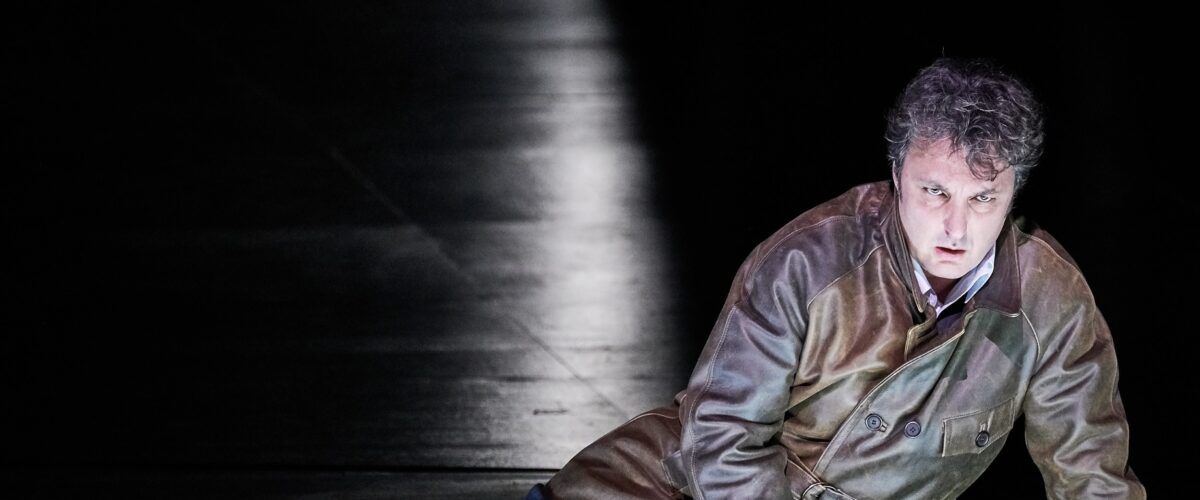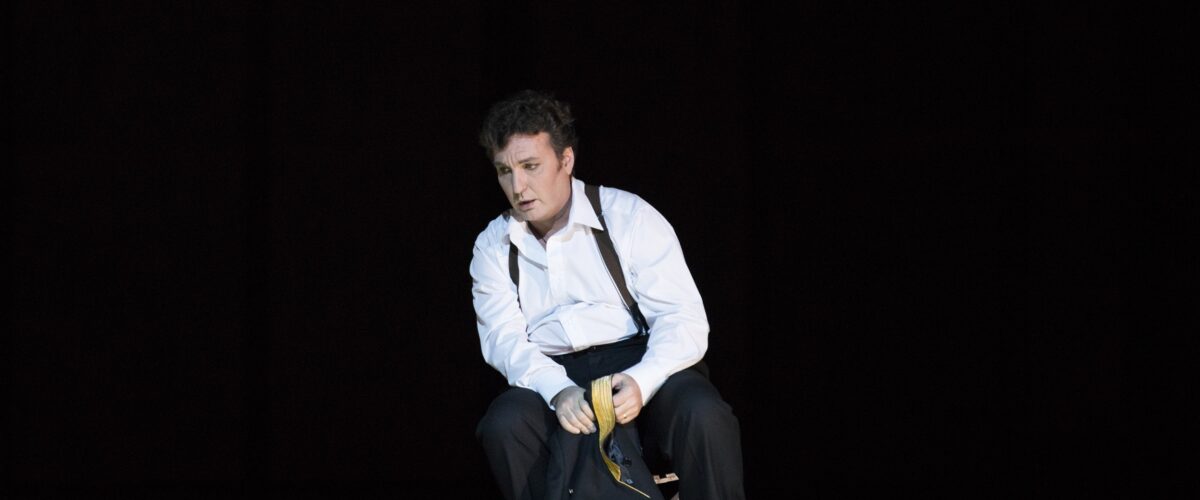TRANSCRIPT
Scofield: One of the critics said, “Don Carlo was the role that really established you as the force to be reckoned with in Verdi.” Tell me what does it take to be a Verdi baritone?
Tezier: Freedom! I would say somehow, it’s an ideal thing for a French guy, don’t you think – it’s a joke.
Scofield: I know, but freedom, that was something very dear to his heart, and he fought for freedom for his country his whole life long.
Tezier: And that’s also what I like, and I love this man very much, this great human being Verdi. But freedom, actually, in every sense: freedom of expression, technical voice, soul, and also it requires somehow the courage of freedom. I mean to rephrase, sometimes you’re born a slave, so you have to free yourself on many respects. And once you’re free, you can exist on stage physically, vocally, and with your soul too. And that’s what makes a Verdi singer by excellence and a Verdi baritone, because you need, as you said, to express so many sides of the human soul when you are a baritone. So, you have to be very flexible. And if you speak about flexibility, you speak about freedom.
Scofield: You have said before, you thought Verdi himself was a baritone in his own singing range, is that right?
Tezier: Yeah, that’s what I heard. I never met him, obviously. [Laughter] And actually, if you look at the portrait that you have of Verdi, very beautiful man by the way, he was shaped like a baritone. I mean thin, the usual profile of tenor, although all tenor of today are beautiful guys too, but traditional tenor is not very tall and more, let’s say squared, you know? And Verdi was actually, what I’ve heard had a baritone voice, and that’s probably why he wrote so well for the baritone voice. I mean technically too, the passage for baritone is a school, you know? Every line is perfect, every vowel is in the right place at the right moments, and this is a Swiss clock technology, yeah?
Read more about Ludovic Tézier on their OFFICIAL WEBSITE.




